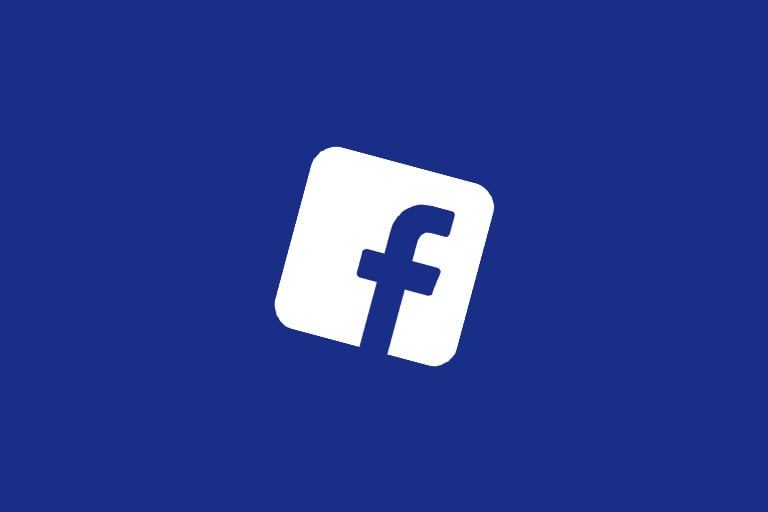A well-structured Facebook marketing strategy is pivotal for leveraging one of the most powerful marketing tools at your disposal.
A robust strategy enhances word-of-mouth and keyword-specific campaigns, expands visibility, and allows for precise demographic targeting. It's the blueprint for outperforming competitors and reaching potential customers effectively.
1. Define Your Audience
To create a successful Facebook marketing strategy, it's essential to know who you're trying to reach. Defining your audience means understanding their demographics, behaviors, and preferences. Consider factors such as:- Age Range: What is the age bracket of your target audience?
- Geographical Location: Where do they live?
- Interests: What are they interested in that relates to your products or services?
- Problems and Needs: What challenges do they face that your brand can solve?
- Facebook Usage Patterns: How and when do they typically use Facebook?
2. Define Your Goals
Clearly defined goals guide your Facebook strategy and help measure success. Goals can vary depending on what you want to achieve with your Facebook presence. Common goals include:- Increasing Brand Awareness: Making more people aware of your brand.
- Generating Leads: Collecting information from potential customers.
- Driving Sales: Using your page to sell products or services.
- Customer Support: Providing assistance and answering customer inquiries.
- Community Building: Creating a space for your customers to interact and engage with your brand and each other.
3. Plan Your Content Strategy
Content is at the heart of your Facebook presence. Your content strategy should address:- Content Types: Decide on a mix of text posts, images, videos, live streams, and other content formats.
- Topics: What subjects will your content cover? This could include industry news, company updates, educational content, or user-generated content.
- Posting Schedule: Determine the frequency and timing of your posts. Use insights to understand when your audience is most active.
- Engagement: Plan how you'll encourage and respond to interactions on your posts.
4. Optimize Your Page
A well-optimized Facebook page can make a strong first impression. Ensure that your page includes:- Profile and Cover Photos: Use high-quality images that represent your brand.
- Call-to-Action Button: Choose a CTA that aligns with your goals, like 'Shop Now' or 'Contact Us.'
- Contact Information: Include your website, phone number, and email address.
- About Section: Provide a detailed description of your business.
- Pinned Post: Highlight important content at the top of your page.
- Custom Page URL: Create a memorable and branded URL for your page.
5. Try Other Facebook Tools
Beyond the standard page features, explore additional tools to enhance your marketing efforts:Create a Facebook Group
Groups foster a sense of community and can lead to higher engagement. They allow for deeper interaction with your audience and can be used to offer exclusive content, support, or discussions.
Try Facebook Marketplace for Local Sales
For local businesses, Facebook Marketplace can be a valuable channel to sell products directly to consumers in your area. It's an easy way to extend your reach locally without additional costs.
Try Facebook Advertising
Facebook ads offer advanced targeting options to reach specific demographics, interests, and behaviors. They can be used for various objectives, from brand awareness to sales conversions. With a range of ad formats and detailed performance metrics, you can create campaigns that resonate with your audience and drive results.
🙌Boost engagement and conversions with our bespoke ad strategies. Transform your social media impact !







